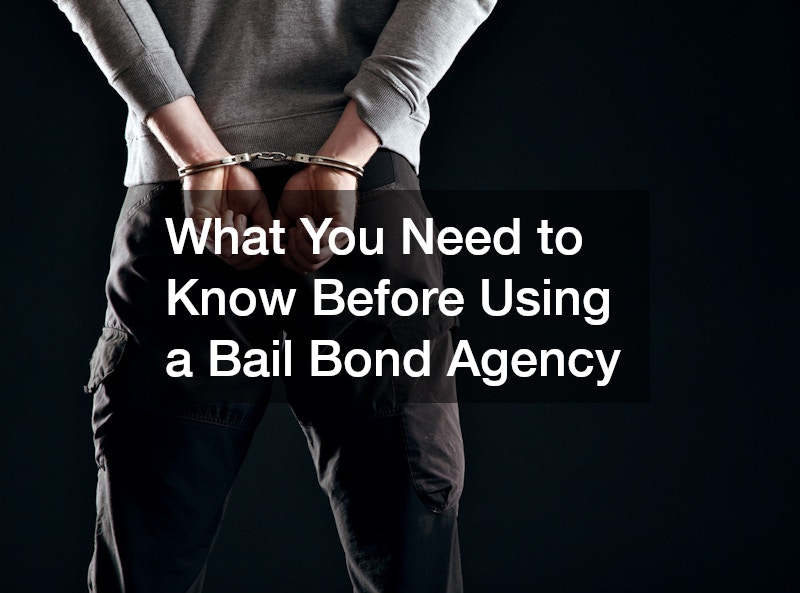This article provides essential information for anyone considering using a bail bond agency. Navigating the legal and financial nuances of bail bonds can be challenging, but understanding the process and associated responsibilities can facilitate a more informed decision. Dive into the details of what you need to know before engaging with a bail bond agency.
How Do Bail Bonds Work?
Understanding the Bail Process
The bail process begins after an arrest, where the judge sets a bail amount based on the seriousness of the offense and other factors. Bail serves as a financial assurance that the accused will appear in court for their hearings. When individuals are unable to pay the total bail amount, a bail bond can be a helpful solution.
Bail bonds act as a guarantee to the court that the defendant will return for their trial. A bail bond agency typically charges a non-refundable fee, usually around 10% of the bail amount, which becomes profit for the agency. This 10% fee is paid by the defendant or by someone on their behalf to the bail bond agency.
The role of the bail bond in the justice system is to ensure the defendant returns to court while awaiting trial. If the defendant fails to appear, the agency is responsible for paying the full bail amount. Consequently, this makes the underwriting of bail policies a critical aspect of an agency’s operations.
Types of Bail Bonds
There are various types of bail bonds, each suited to different situations. A surety bond is most commonly used, involving a bail bond agent who pays the bond for a premium fee. Cash bonds entail the full bail amount being paid in cash, and are typically returned once the court proceedings have concluded.
Property bonds use real estate as collateral to secure bail, only available to those with significant property value. The legal requirements for property bonds may vary by state, requiring the property’s value to exceed the bail amount. This option offers a flexible yet intricate alternative to cash bail and surety bonds.
Lastly, federal bonds are required for cases involving federal crimes. These bonds are more expensive due to increased risk factors, often requiring additional forms of collateral. Each type of bond offers different benefits and limitations, catering to the varied circumstances defendants face.
What to Consider When Choosing a Bail Bond Agency
Agency Reputation and Credibility
When selecting a bail bond agency, reputation and credibility are critical factors to consider. An agency’s reliability is often reflected in customer reviews and testimonials found online. Checking accreditations and whether the agency is licensed in your state can further establish their trustworthiness.
Online platforms such as the Better Business Bureau offer insights into an agency’s operational history. Reading reviews can reveal patterns in customer service and business practices. It’s advisable to choose a reputable agency to ensure your loved one’s swift and effective release.
Word of mouth and recommendations from legal professionals can also provide valuable insights. An agency with a strong reputation often has positive relationships with local courts and law enforcement. As the bail process is time-sensitive, timely service from a credible agency is essential.
Availability and Customer Service
The availability and level of customer service of a bail bond agency can significantly impact the bail process. Agencies that offer 24/7 service can expedite the release process, minimizing time spent in custody. Round-the-clock availability ensures that legal assistance is accessible when needed most.
Customer service quality is another critical aspect. Compassionate and knowledgeable staff can ease the stress of navigating the bail process. Their ability to communicate terms and answer questions is indicative of client-centered service.
High-quality customer service also involves transparent terms and conditions with no hidden fees. This transparency builds trust and establishes a solid foundation for cooperation between the agency and the client. An agency that prioritizes its clients’ needs is likely to provide a better bail process experience.
Successfully navigating the bail bond process requires a comprehensive understanding of how bail bonds work and the essential factors when choosing a bail bond agency. By focusing on the key aspects outlined in this article, individuals can make informed decisions and handle their legal situations effectively. The journey may be complex, but with proper insights, securing a bail bond can be streamlined and stress-free.
.


